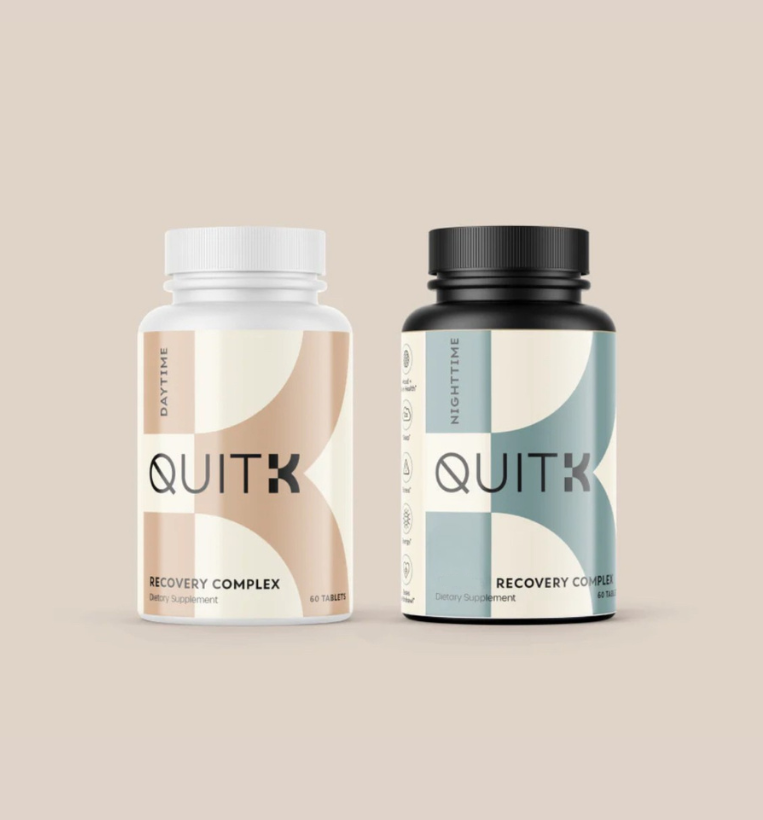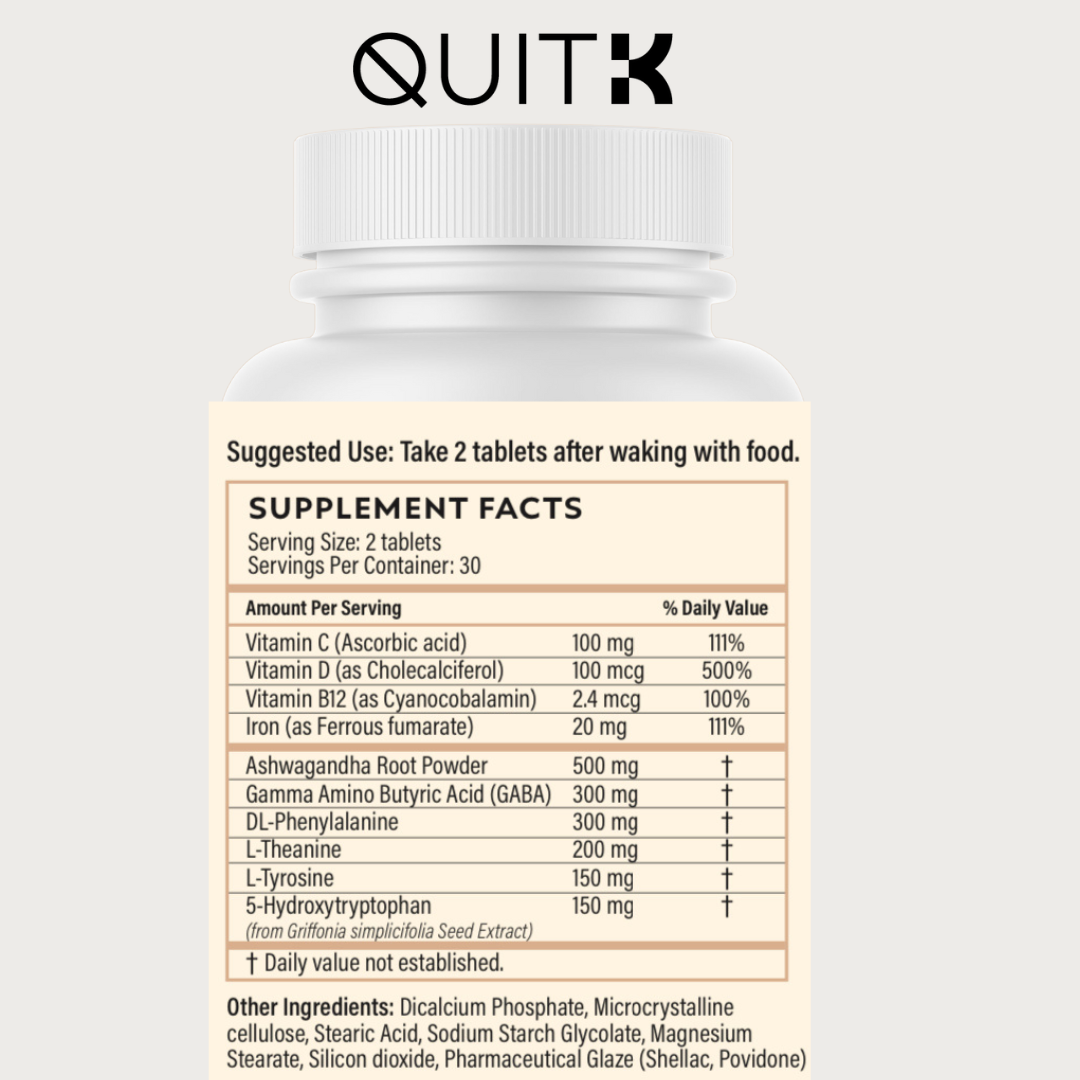A common theme I'm seeing is spouses of kratom addicts reaching out to see how they can help their loved ones overcome this addiction or be supported themselves. My heart goes out to them as any addiction can break trust and make you question if you are with the same person you decided to marry. Unfortunately, I have heard of it ending in divorce and child custody battles but those were with spouses that didn't think they had an issue with kratom after years of use and didn't want to quit or get help. My hope for this post is to give you advice, tools, resources so it doesn't get you to that point in your relationship.
Everyone's journey with kratom is a little bit different. In a non-accusatory way, I would suggest getting curious and have a very open conversation with your partner about their kratom use. Why did they start using kratom in the first place? What benefit do they get from continuing to take it? What negative side effects from kratom or consequences are they experiencing? Is there any part of them that wants to stop using kratom? What challenges are they experiencing by trying to quit? By knowing these answers you can start working on alternative solutions together that don't involve the use of kratom. It's also helpful as you are most likley the closest person to them that has noticed the changes in them so I think your feedback is important as they might not realize that they have become more irritable, isolated, manic, mean, etc. so it could open their eyes to side effects they didn't even know they were having.
I do want to mention that before you get upset with them for getting addicted to a substance in general, it might help to view them as a victim. A victim of our government not regulating a very harmful substance, a victim of mis-marketing, a victim on misinformation. For me personally, I thought I was doing something healthy for myself when I first started taking kratom. It was a way for me to feel energized and free from my anxiety with a natural substance but then I continued to take more of it, more often, to get the same feeling and then it eventually turned on me and I was in a viscous cycle I couldn't get out of. But I eventually did and with help and support of my now husband.
I found it very helpful that he was proud of me for wanting to quit instead of disappointed that we were in this position in the first place. It was helpful that he checked in with me every day about how I was feeling and if I felt like I needed to take kratom today. He was the one initiating the hard conversations even if they weren't answers he wanted to hear. My mental health was really struggling though even after I had quit taking kratom and he was the one that took the initiative to get me into a psychiatrist. He knew if I didn't get feeling better mentally I would start using it again to get relief from my own mind because I was experiencing PAWS.
Just so you're a little more educated, most chronic users of kratom will experience Post Acute Withdrawal Syndrome (PAWS), weeks to months after they quit taking kratom. Chronic kratom use can change the molecular, cellular, and neurocircuitry in the brain that affect emotions and behaviors and can persist after the initial withdrawal symptoms end. The most common protracted withdrawal symptoms following opiate/kratom detox, include sleep disruption, anxiety, depression, as well as fatigue, feeling down, irritability, and decreased executive control functions. The QuitK supplement helps regulate the brain, dopamine and serotonin levels to help consumers avoid PAWS or shorten the duration of PAWS while getting a better night sleep and increasing energy throughout the day. Some doctors will prescribe an anti-depressant for this phase as well. It's just really important to know about PAWS as it's the reason that most users will relapse.
Now back to ideas on how to help you and your loved one. I do suggest downloading my guide book on the website on How to Quit Kratom as that's full of helpful suggestions. I would also find support for yourself through counseling, online support groups, forums, books and support of your family and friends. Below is a list of resources that could be of help.
Find other struggling spouses and/or people that have had a full recovery in the Facebook Group: Quitting Kratom Support Group.
One of the best books for spouses struggling with their partners addiction is "Codepent No More" by Melody Beattie.
Join an in person or online Co-Dependents Anonymous group (CoDA). CoDA is a twelve-step program for people who share a common desire to develop functional and healthy relationships especially in relationships that addiction is involved.
I am really sorry that you're in this position but I hope you and your spouse make it to the other side of this stronger, happier and healthier. I promise you it is possible with two willing people!
Much Love,
Emily








7 comments
It’s tough when a loved one is struggling with kratom addiction, and this article does a great job addressing both the emotional and practical challenges involved. It’s important to approach the situation with empathy and to seek professional help if necessary. Open communication and understanding can go a long way in supporting someone through their recovery process. The suggestions offered here provide a good starting point for families dealing with this issue. Thanks for raising awareness about this important topic! https://topextracts.com/
My husband has been addicted to Feel Frees for 3 years now and has tried to stop cold turkey which is extremely hard. I truly broke out crying when i seen this pop up on tik tok knowing he has a chance to hopefully make it now.